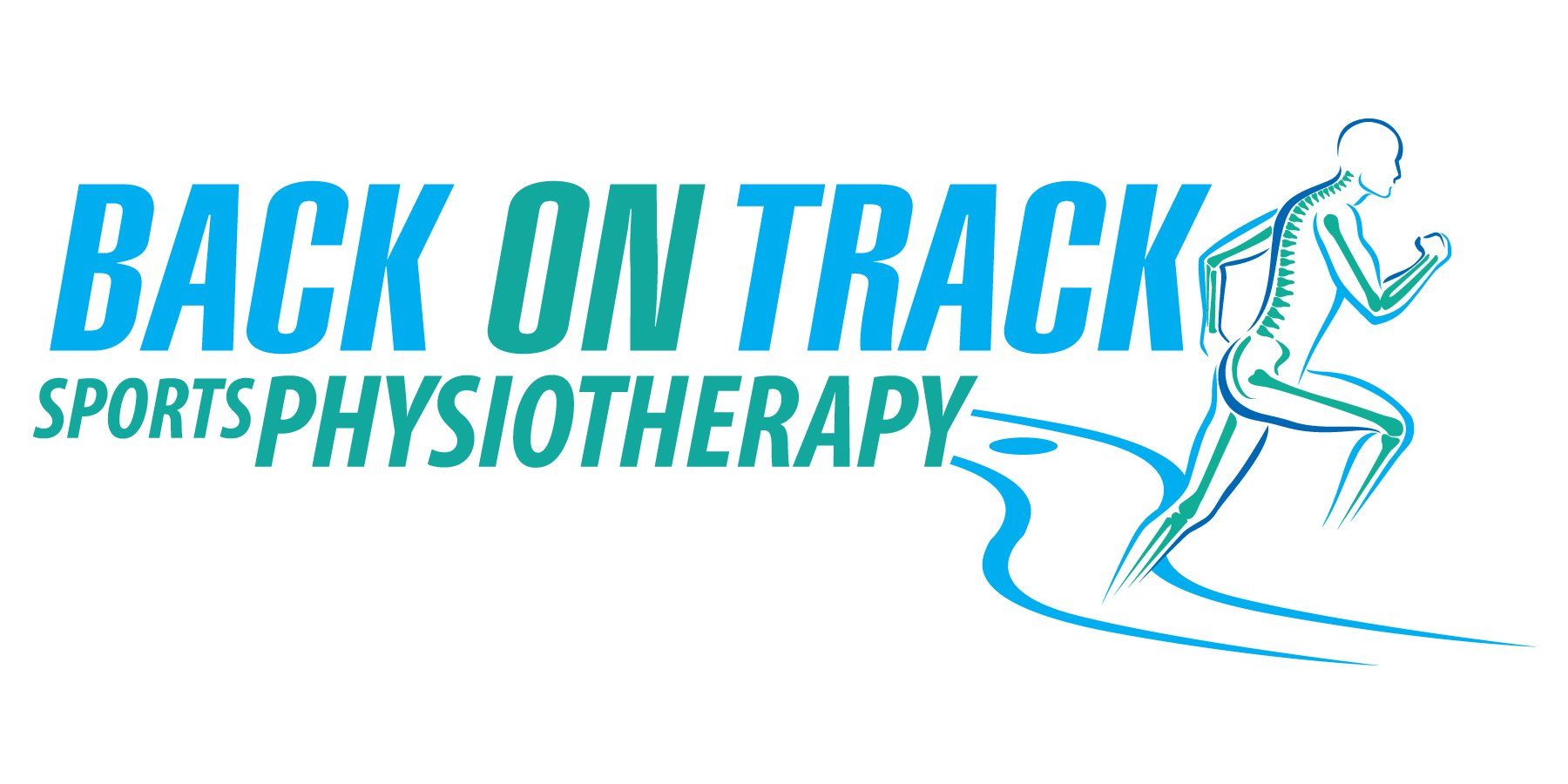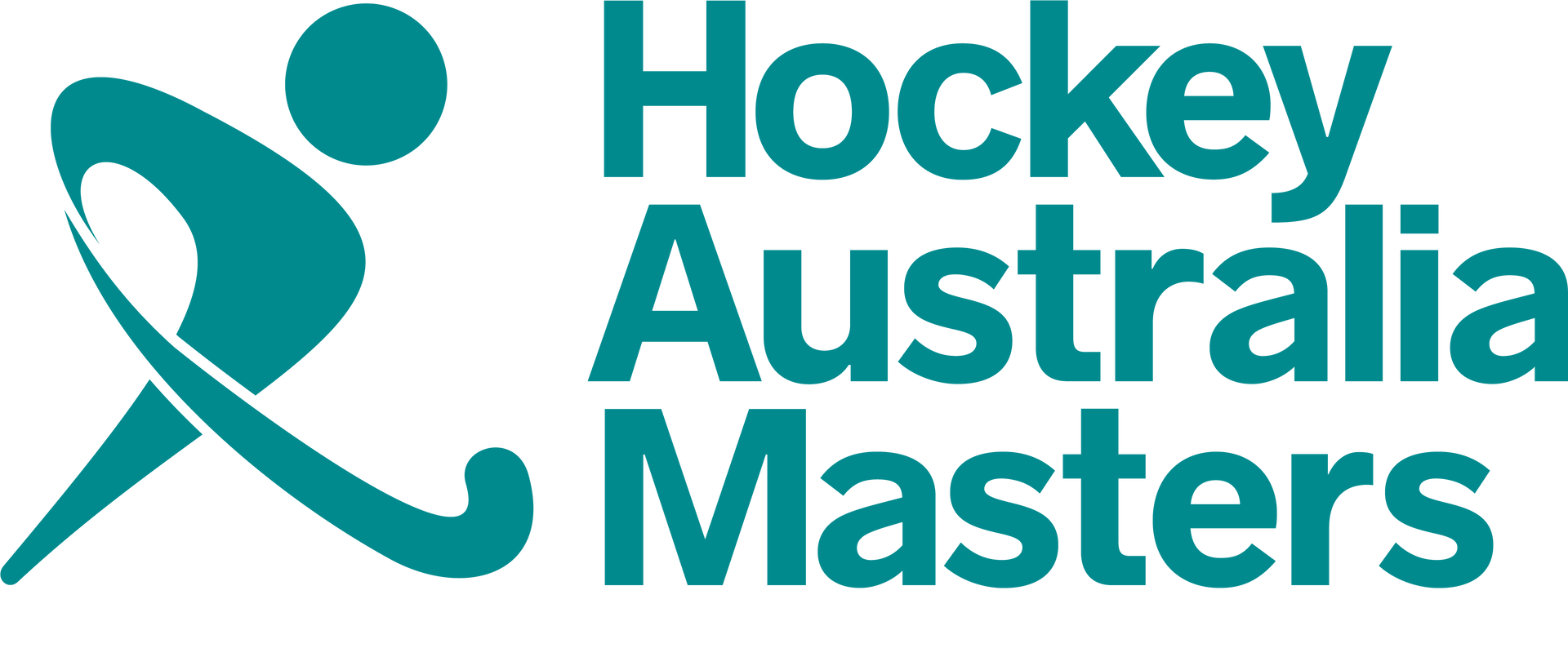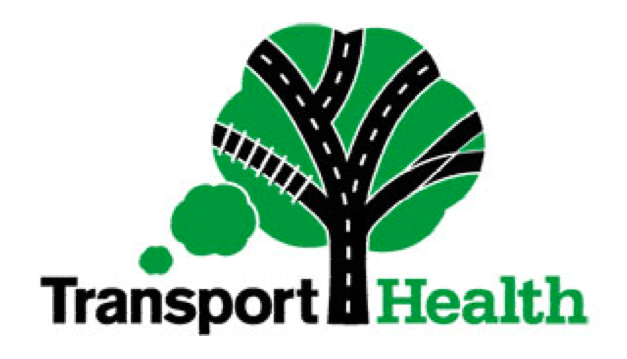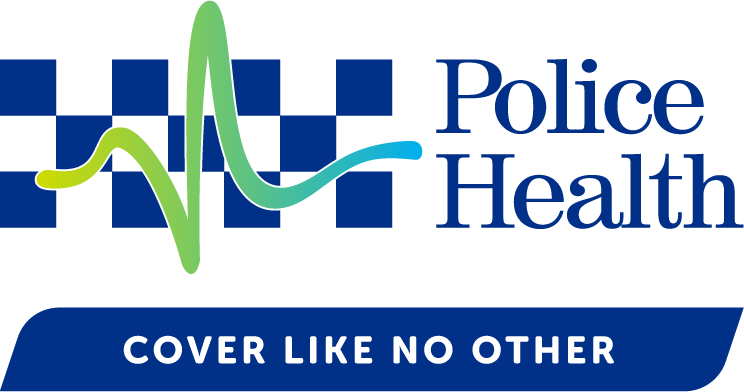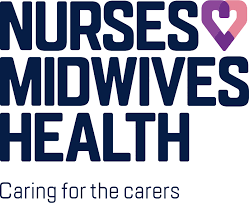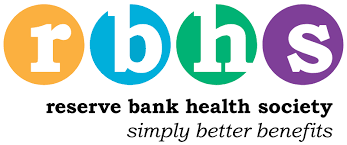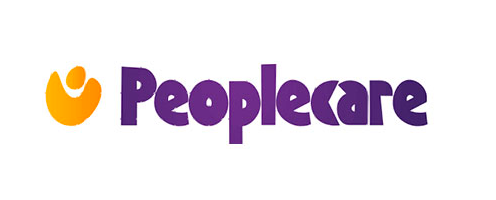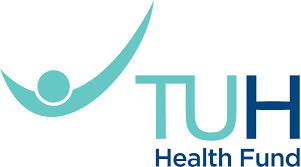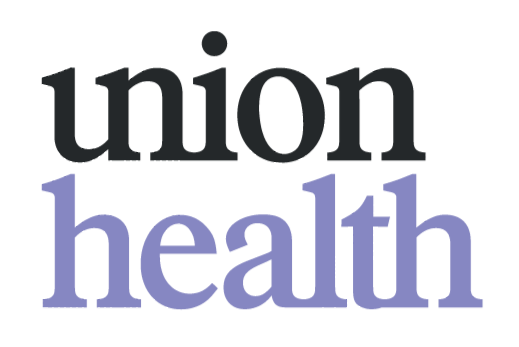Open 7 Days
Women's Health Physiotherapy
Empowering Women's Health Through Physiotherapy
Dedicated care for pelvic health, pregnancy, postpartum recovery, and beyond.
How we can help
We know how important it is to offer meaningful treatment that gives you the relief you are looking for, in a private setting where you can discuss your concerns openly with our expert practitioner who has years of experience working with individuals at all stages of life.
Get treatment and management for any condition specific to women's concerns and work with our expert physiotherapist. We cater to women at every stage of life, from pre or post-natal through to managing the natural and unexpected challenges that occur as we age.
What is Women's Health Physiotherapy?
Women’s Health Physiotherapy is a specialised type of physiotherapy that entails the assessment and treatment of bladder, bowel and sexual dysfunction, pelvic pain, concerns leading up to or following urogynaecological surgery and/or pregnancy.
A Women’s Health Physiotherapist is a specialised area of Physiotherapy that works specifically for treatment of issues related to incontinence and pelvic floor dysfunction, helping to avoid unwanted or unnecessary surgeries with the use of more conservative management options including, pelvic floor muscle strengthening programs and education.
Pregnancy physiotherapy
Women's health physiotherapists can assist all throughout your pregnancy. This can include:
- Developing pregnancy-safe exercise programs
- Manage urinary incontinence during pregnancy
- Provide education around labour and birthing
- Manage pregnancy-related musculoskeletal pain
Following pregnancy, we can provide you with assistance on the following:
- Return to exercise
- Abdominal separation management
- Urinary or faecal incontinence
- Return to intimacy / sexual pain
- Recovery from vaginal tears during labour
- Inflammatory breast conditions including mastitis
- Management of pelvic organ prolapse / heaviness symptoms
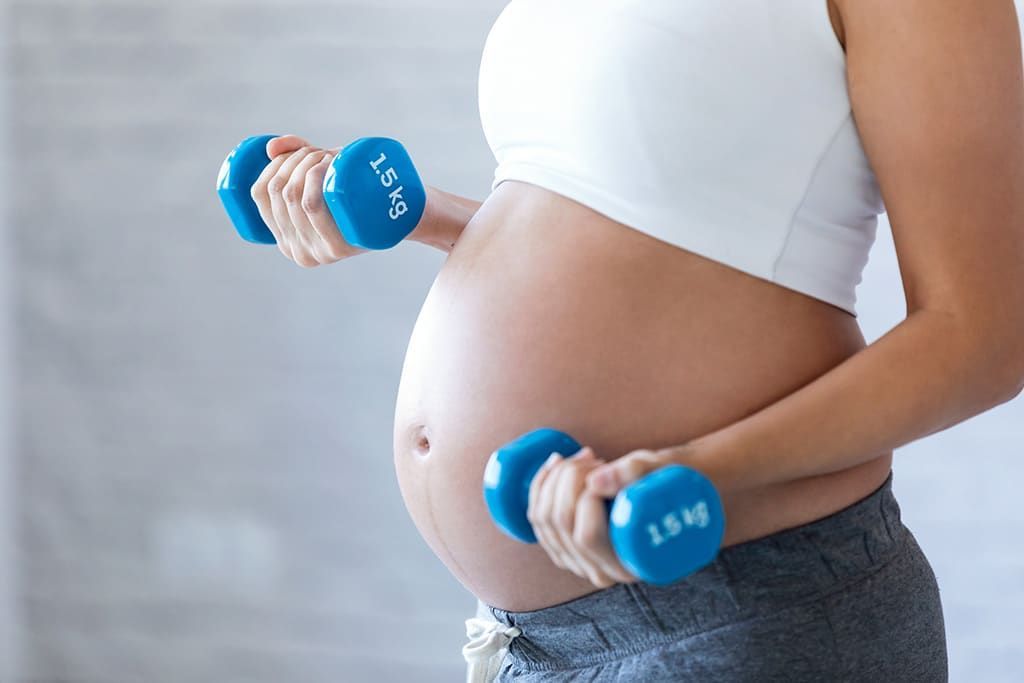
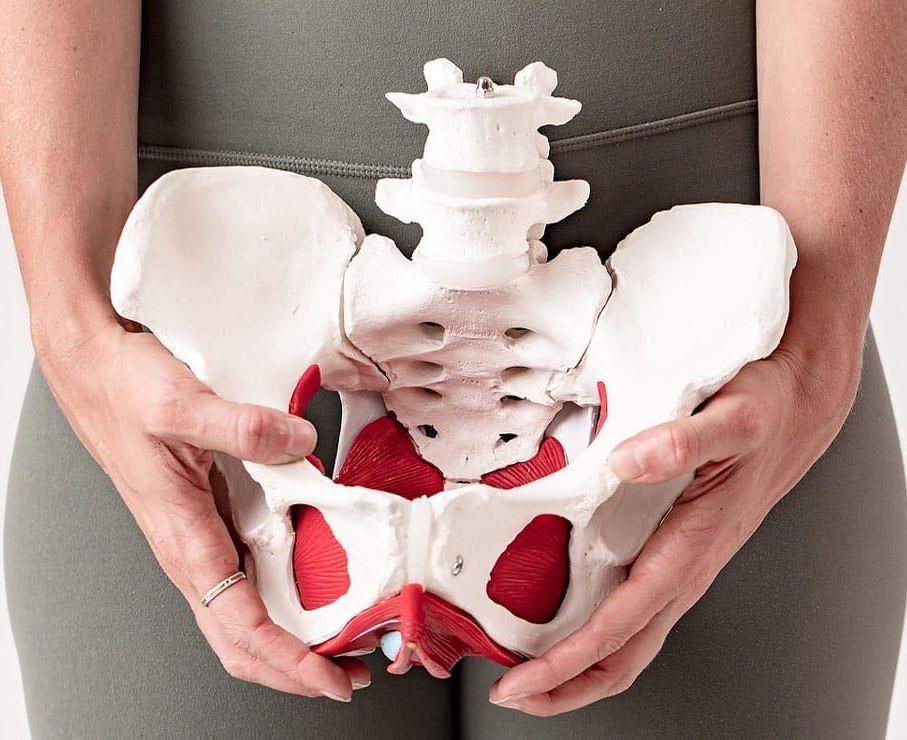
Pelvic floor physio
Your pelvic floor muscles sit as a sling to support your internal organs including the uterus, bladder and intestines. It is a group of muscles that also play a role in preventing incontinence (urinary and faecal).
Strengthening these muscles are extremely important in all women but are an integral part of managing conditions including prolapse, urinary incontinence and faecal incontinence.
Please get in contact with one of our physiotherapists if these are any of your concerns or if you want to integrate pelvic floor exercises into your routine and don't know where to start.
Menopausal support
During menopause, women may experience a variety of physical symptoms, including joint pain, muscle stiffness, and decreased bone density. We will produce tailored exercise programs to improve strength and flexibility, education on managing hot flashes and mood swings, and guidance on maintaining bone health through weight-bearing activities. Our physiotherapists are here to provide you with the tools to navigate this life stage with confidence and vitality.
Common conditions we treat:
Postnatally & pregnancy:
- Back pain, including lower back pain
- Neck pain
- Wrist pain
- Pelvic girdle pain
- Incontinence or leaking (bladder or bowel)
- Episiotomy / vaginal tears during labour
- Mastitis
- Abdominal muscle separation
- Pain with intimacy / sexual pain
Other:
- Toileting difficulties or pain (bladder or bowel)
- Incontinence or leaking (bladder or bowel)
- Pelvic organ prolapse
- Pelvic pain
- Vaginismus / sexual pain
- Recovery after pelvic surgery
- Endometriosis


